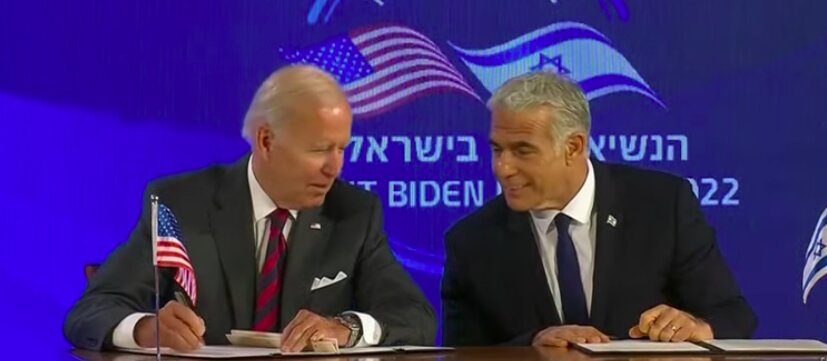[ad_1]
A top Emirati official downplayed talks of joining an alleged ‘Middle East’ alliance.
The United Arab Emirates has appeared to dismiss speculations of a Middle East alliance designed to confront Iran in the region, saying the Gulf state is working on sending an envoy to Tehran instead, Reuters reported.
Abu Dhabi’s plans to place an ambassador in Iran is an attempt to rebuild bridges with the Islamic Republic, the UAE president’s diplomatic adviser said ahead of a visit to Paris by Sheikh Mohammed bin Zayed al-Nahyan on Friday.
Anwar Gargash said the UAE would not take part in an “axis” against Tehran, referencing recent reports an alleged military alliance to confront Iran in the Middle East.
Under the alleged bloc, various Arab nations and Israel, the only nuclear power in the region, would help the other members deter perceived threats by Iran, according to reports.
Speculations were further amplified earlier this month when the Wall Street Journal (WSJ) revealed that military officials from Qatar, Saudi Arabia, Jordan, the UAE, Israel and Egypt met in Sharm El Sheikh in March.
Citing US and regional officials, the American news outlet claimed the alleged meeting aimed at discussing ways for the participants to join forces in facing Iran’s growing missile and drone capabilities.
More recently, a US-Israeli joint statement signed by US President Joe Biden and Israeli Prime Minister Yair Lapid after a meeting in Jerusalem on Thursday made note of “partnerships” to deter Iran.
“The United States further affirms the commitment to work together with other partners to confront Iran’s aggression and destabilising activities, whether advanced directly or through proxies and terrorist organisations such as Hezbollah, Hamas, and Palestinian Islamic Jihad,” the US-Israel Strategic Partnership said.
However, the alliance has been downplayed by officials, including Jordan’s King Abdullah II.
Responding to the reports, Iran slammed the US’ for its attempts to establishing the alliance, describing it as a continuation of Washington’s “Iranophobia“.
“The proposal of this issue is provocative and the Islamic republic of Iran views these remarks as a threat to national and regional security,” said Iran’s newly-appointed Foreign Ministry Spokesman Nasser Kanaani on Saturday.
Kanani added that the move would “have no result other than weakening common regional security and serving the security interests of the Zionist regime”.
Meanwhile, analysts told Doha News that the mere presence of Israel in the bloc casts doubts on it taking shape.
“Qatar will not create a security partnership with the Israelis as long as the Palestinians issue is not being resolved,” said Dr. Andreas Krieg, assistant professor at the School of Security Studies at King’s College London.
[ad_2]













Leave a Reply